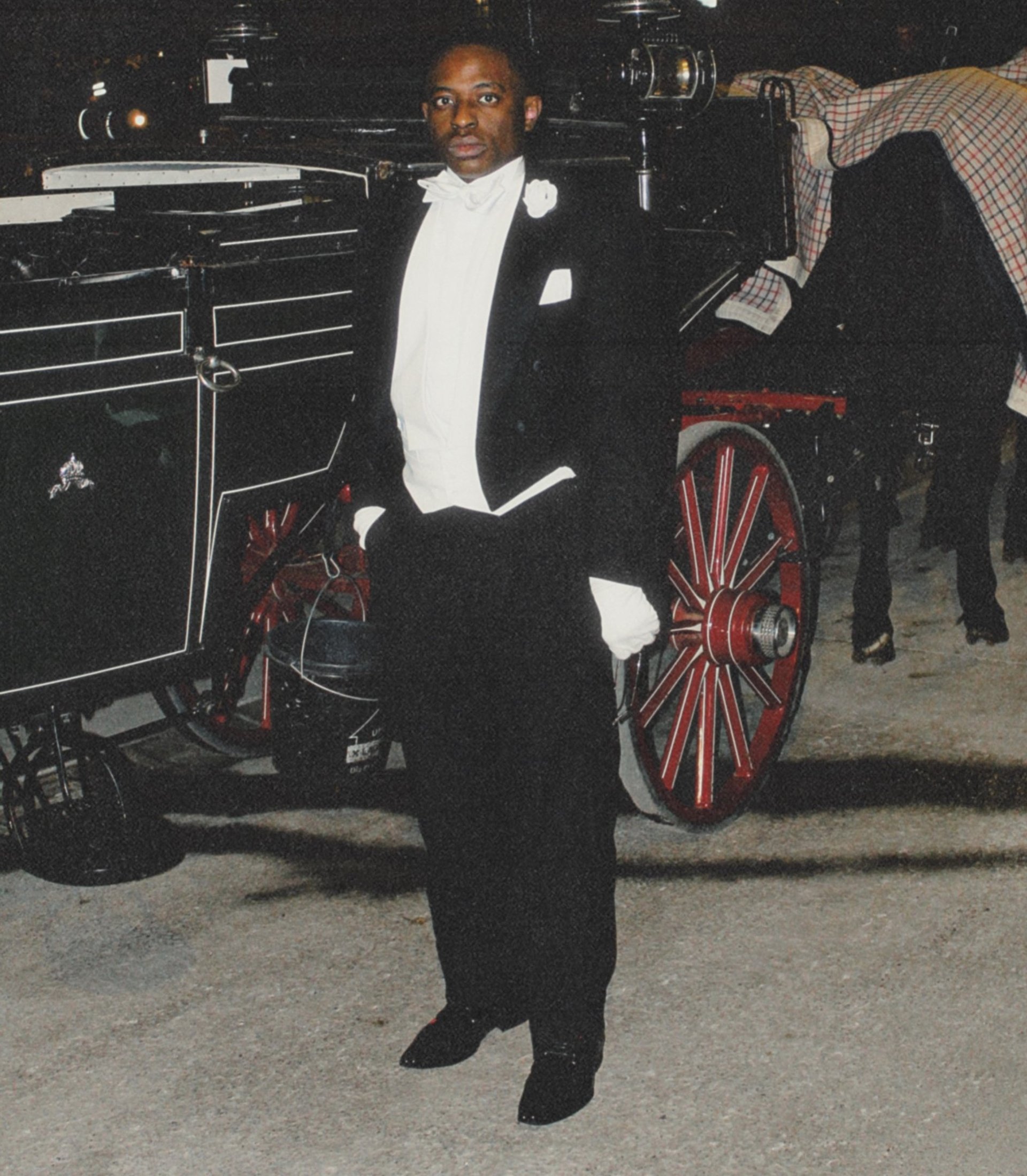
Discovering The Debonair
Being A Gentleman In Today’s World, Article 1
Raymond K. Ndokwo
5 min read
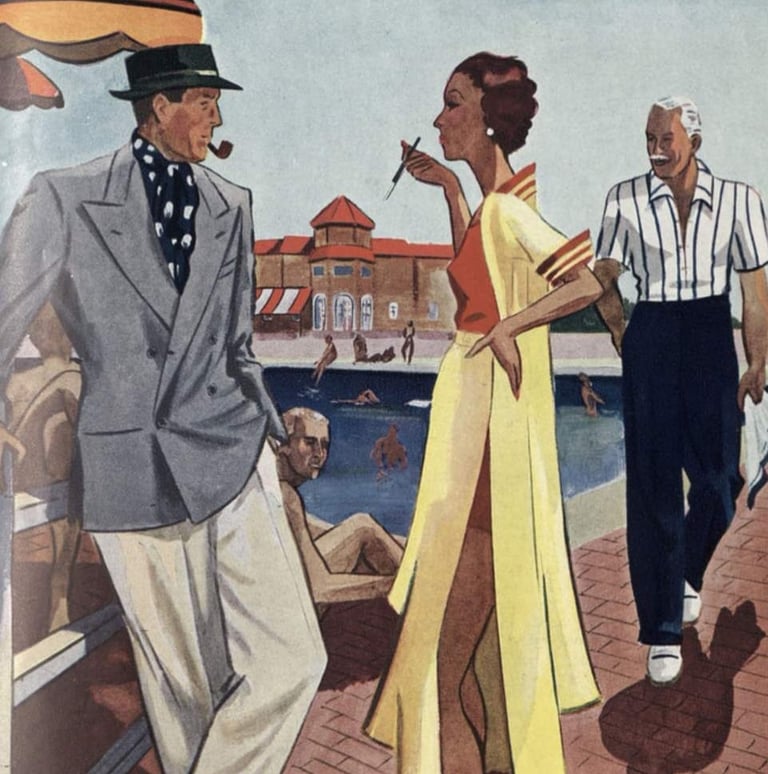

The terms "gent" and "gentleman" have become prevalent in men's magazines, blogs, and discussions. Videos often refer to "gentlemen," and the term is widely applied to various men. Recently, a personal friend suggested that any deviation from the traditional definition of a gentleman is disappointing. Another stated that a gentleman must have staff and would never cook for himself. We disagree; the definition of a gentleman has evolved for the better. Prince Philip, often considered a model "gentleman" due to his wealth and status, is also known for his offensive remarks and behaviour. Are such actions indicative of gentlemanly conduct? Certainly not. Given that the definition of a gentleman is crucial to understanding what it means to be debonair, we felt it necessary to clarify our perspective on the modern gentleman.
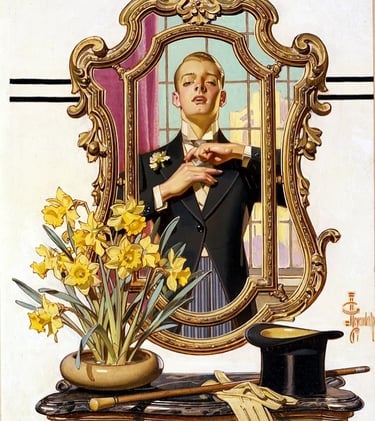

BEING A GENTLEMAN IN TODAY'S WORLD
The Original Gentleman
A century ago, a gentleman was defined as a man of high social standing and wealth. This definition persists in dictionaries today, encompassing various meanings:
- A chivalrous, courteous, or honourable man.
- A polite or formal reference to a man.
- A man of noble birth affiliated with a royal household.
- A man of good social standing, particularly one of wealth and leisure.
- A courteous title for a male member of the House of Commons or the House of Representatives.
What does this really signify? Being a gentleman extends beyond mere courtesy; traditional chivalric acts may come across as condescending, and "honour" is a subjective concept. In contemporary society, the title "gentleman" no longer serves as an indicator of refinement and character, as it once did for affluent men who did not labour. We believe the term is increasingly egalitarian; to be considered a gentleman today requires earning the title. Wealth and power are insufficient, and are, in fact, irrelevant to the modern definition. Money and status cannot purchase class or respect.
The Definition of a Modern Gentleman


The term has become more complex, and it is essential to clarify how we use it and why the definition of a modern gentleman is significant. We firmly believe any man can strive to be a gentleman, but it requires genuine effort. It is a continuous journey rather than a final destination.
A Gentleman is Imperfect. This characteristic may be the most significant on the list. The term “gentleman” is not intended to represent an unattainable ideal; it acknowledges basic human nature, where mistakes, choices, and judgments are part of daily life. The distinction is that a gentleman recognizes his imperfection and takes ownership and responsibility for what he can control: his actions, knowledge, and worldview.
A Gentleman Has High Standards. High standards motivate individuals to perform at their best, and gentlemen establish these for themselves. A gentleman anticipates a high standard of quality, value, and functionality in everything he purchases and does. He holds himself to the same expectations he has for others.
A Gentleman is Well-Dressed. This should come as no surprise. A well-dressed man is suitably attired for the season, occasion, and his personal style. For a gentleman, dressing well is not determined by financial means but by a thoughtful selection of clothing and accessories that reflect his resources, the occasion, and his preferences. His attire illustrates his understanding of the impact of clothing, the impressions they create, and their societal role. Clothes are used to express a gentleman's respect for his host, his position, or the organizer of an event, rather than to provoke, incite jealousy, or show off. For a gentleman, dressing well is a source of pride, as it reflects his personality and taste.
A Gentleman Has Good Manners. Here, we align with the dictionary definition. A gentleman is courteous, polite, and respectful. He employs phrases like "please" and "thank you," waits his turn in line, and treats others as they wish to be treated. He engages equitably in conversation and demonstrates good table manners and dining etiquette.
A Gentleman is Open-Minded. A gentleman does not consider his opinions and knowledge to be absolute and beyond question. He seeks to learn, is receptive to new ideas, accepts constructive criticism, and views failure as a pathway to growth and self-awareness. A gentleman does not argue merely to be right; instead, he strives to understand different perspectives.
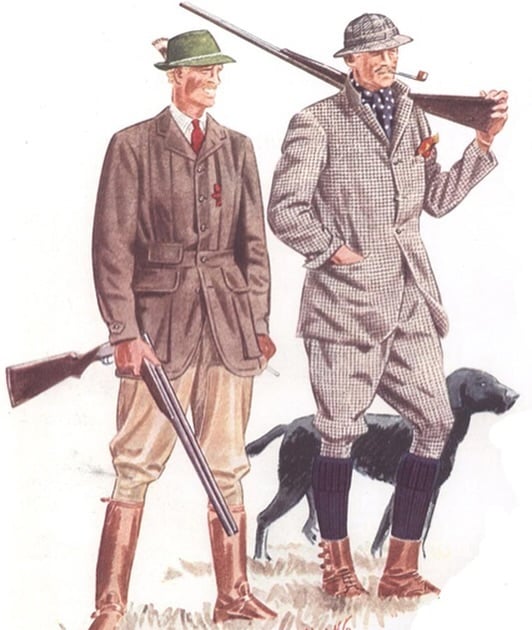

A Gentleman is Interesting and Informed. In today's world, it is easy to fall into a monotonous routine that leaves individuals with little to share. An interesting man can engage in conversations on a variety of topics, shows curiosity about the world and its workings, and actively pursues knowledge for personal development and enjoyment. His hobbies and interests reveal his passions and commitment to meaningful pursuits.
A Gentleman’s Actions Match His Words. In essence, a gentleman makes promises he intends to keep.
A Gentleman Treats People with Respect. This encompasses everyone, women, colleagues, superiors, waitstaff, and customer service personnel. A gentleman's belief in the equality of all individuals is evident; he does not perceive himself as possessing more or fewer rights than those around him. He demonstrates compassion, particularly towards those who are less fortunate. He understands that life is not a zero-sum game and that diminishing others does not elevate himself.
A Gentleman Recognizes the Difference Between Arrogance and Confidence. An arrogant individual views himself as superior, basing his self-worth on comparison with others. In contrast, a gentleman has confidence in his abilities independent of others’ opinions. An arrogant man seeks validation through victories, while a gentleman finds validation within himself.
A Gentleman Wields Power Purposefully. The adage "with great power comes great responsibility" resonates with a gentleman. When in a position of power, he leverages his traits to exercise that power with intention, avoiding selfishness, revenge, or actions that undermine the rights of others.
A Gentleman Gives People the Benefit of the Doubt. In a challenging world, a gentleman opts to approach others with an open mind. For instance, a driver who cuts you off may be facing a personal crisis or a friend who does not return a call may be overwhelmed with work; a gentleman refrains from jumping to negative assumptions about others.
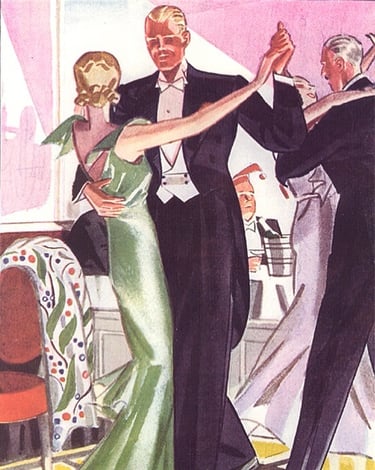

The importance of these qualities lies in their ability to set a high standard for men to strive for every day. Rather than viewing it as a destination, being a gentleman represents an aspiration rooted in lifelong personal growth, self-awareness, and motivation. The ultimate accomplishment is earning recognition as a gentleman from those around you, as it is fundamentally an honour granted by others. The term "gentleman" should hold significant meaning; it extends beyond mere address and reflects our values and aspirations.
The Challenges of Being a Gentleman in Everyday Life
Despite the admirable nature of these ideals, consistently embodying them can be quite difficult. When a man is feeling irritable, stressed, or fatigued, he may act in ways that are inconsistent with his character. In such instances, it is crucial to apologize sincerely, as people are generally willing to accept genuine remorse. I acknowledge this from personal experience, having faced my own share of ungentlemanly missteps.
What challenges do you encounter in exhibiting gentlemanly behaviour in daily life? We invite you to share your thoughts in the comments.
B
efore understanding what it means to be debonair, one must first comprehend the concept of a gentleman, as one cannot be debonair without first embodying gentlemanly traits.
Ray Boule
CELEBRATING THE ESSENCE OF THE DEBONAIR
© 2025. All rights reserved.
By signing up to our newsletter you agree to our Terms and Conditions
